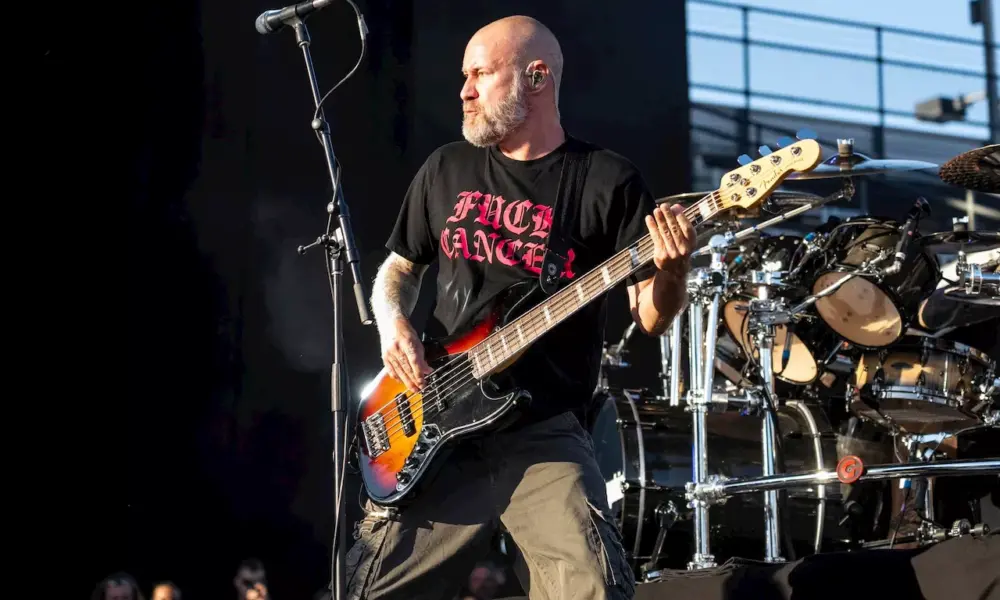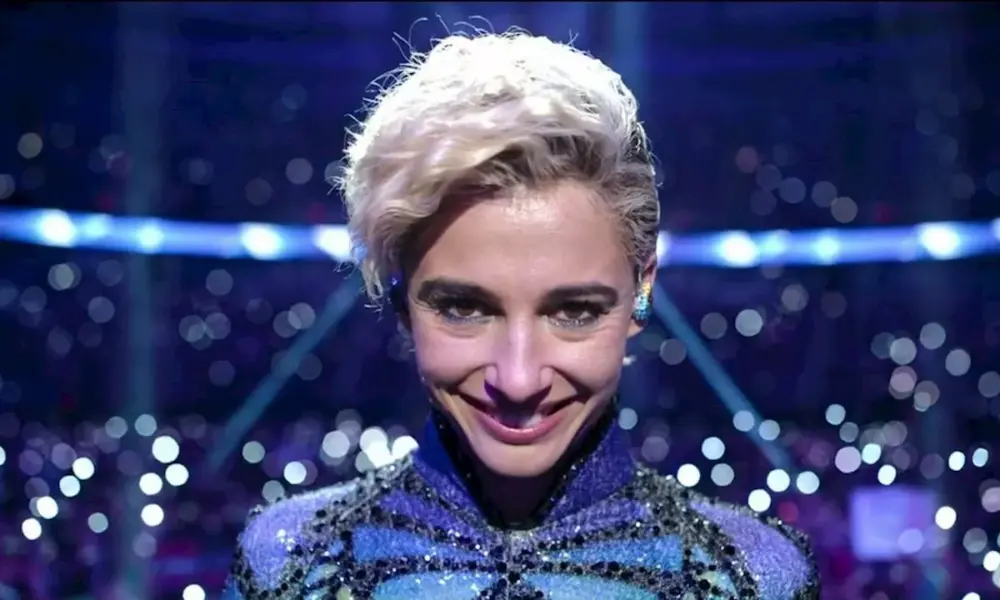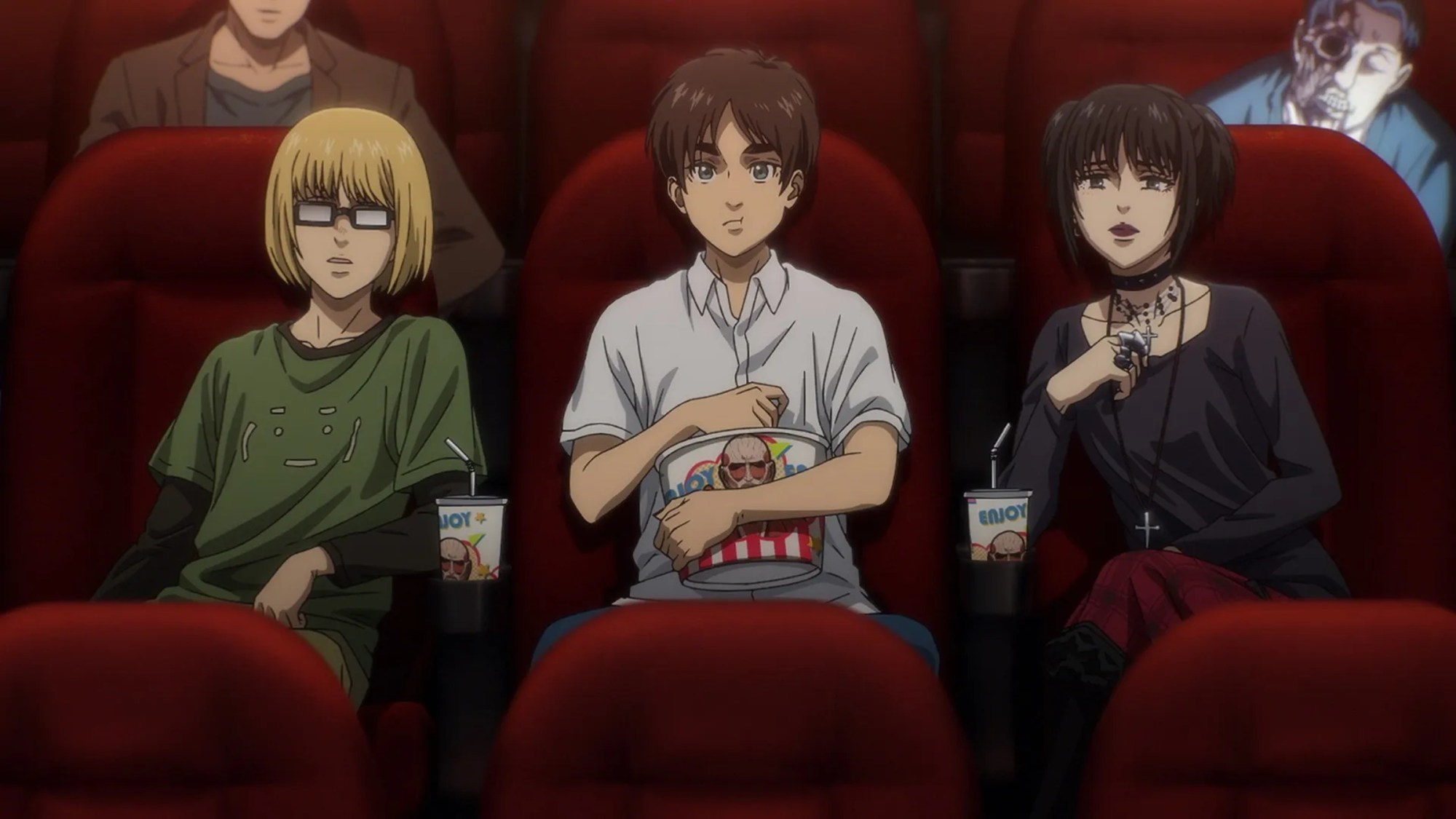The 1998 film Small Soldiers, directed by Joe Dante, presents a strikingly different perspective on the concept of toys coming to life, contrasting sharply with the family-friendly Toy Story. While Pixar’s animated classic transformed the landscape of children’s films with its heartwarming tale, Small Soldiers ventured into darker territory, exploring themes of violence and commercialism.
Exploring a Controversial Concept
Upon its release on July 10, 1998, Small Soldiers quickly garnered attention for its unique premise. The film revolves around a group of action figures that receive advanced computer chips, granting them heightened intelligence. This leads to a conflict between two factions: a friendly band of monsters and a military unit determined to eliminate their adversaries.
Unlike the vibrant and humorous world of Toy Story, Small Soldiers adopts a more violent and cynical approach to its narrative. The film mixes elements of war with the playful concept of toys, resulting in a production that was rated PG-13 despite being marketed to younger audiences. This controversial rating sparked conversations about the appropriateness of its content for children, as it featured themes and imagery that many deemed unsuitable for its intended demographic.
A Unique Blend of Humor and Commentary
The controversy surrounding Small Soldiers often overshadows its artistic merits. The film’s comedic style is infused with a tongue-in-cheek tone, reflecting Dante’s signature approach to storytelling. Critics have noted that the film serves as a commentary on consumerism and the marketing strategies aimed at children. The overt violence, while unsettling at times, contributes to this critique, presenting a more complex narrative than initially perceived.
With special effects and puppetry crafted by the renowned Stan Winston, the film’s visual execution adds depth to its premise. The toys are designed to resemble real products that could easily be found on store shelves, enhancing the believability of their animated antics. The film’s cast includes Tommy Lee Jones, whose portrayal of the villainous Chip Hazard stands out, delivering a memorable performance that resonates with audiences.
Despite receiving mixed reviews, with a score of 50% on Rotten Tomatoes, Small Soldiers has developed a cult following over the years. Some critics expressed confusion over its marketing strategy, while others failed to engage with its deeper messages, opting instead to judge the film solely on its surface-level qualities. While it may not be perfect, Small Soldiers is often regarded as one of the most subversive family films of its time, challenging norms and expectations.
As audiences continue to revisit 1990s cinema, Small Soldiers stands out as an example of how children’s films can address serious themes through creative storytelling. Its legacy invites viewers to reflect on the complexities of childhood entertainment and the messages it conveys about society and consumer culture.







